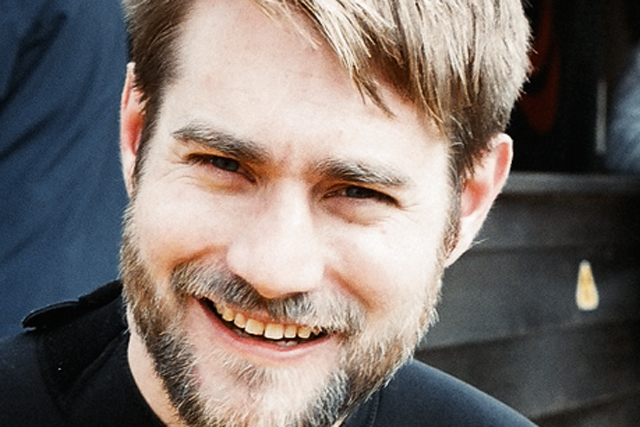After those Old Spice ads caught everyone’s attention, Jason Bagley, creative director at Wieden + Kennedy, was quoted as saying: "Whenever a brand can give to the consumers more than it asks of them - in terms of entertainment and value - people are going to have a better feeling about that brand … We always try to provide more in terms of entertainment and surprise and enjoyment to build that equity with the consumer."
This idea that content created around a product can be as powerful - if not more powerful - than the product itself didn’t stop when Isaiah Mustafa put his shirt back on and got down off his horse.
You only have to look at the recent video for to see what a man in a bear suit and some tightly written gags can do for your brand exposure.
But is this idea innovative and disruptive enough to warrant 600 words in Brand Republic? Well, perhaps not, until Double Fine Adventure came along.
In February legendary game designer Tim Schafer’s company launched a project on crowdfunding site Kickstarter.
The target was hit in less than eight hours. It soon became the first Kickstarter project to raise over a million dollars and by the time the project closed they had raised over $3m.
Three million dollars in a month, for a product that hasn't even been created yet, is a stunning outcome.
So what convinced thousands of people to donate their attention and their money to Schafer's endeavor?
Part of it was his reputation as a brilliant game designer and part of it was the scaling rewards backers would receive depending on the size of their pledge.
But what really captured people's imaginations was the video Schafer made to accompany his pitch.
Self-deprecating, charming, genuinely funny and well produced, it took Bagley’s "surprise and enjoyment" approach and added an intensely grass roots ingredient that even W&K could never hope to capture.
Schafer could do this because he wasn’t selling us anything, as at the time there was no product to sell.
Instead he was inviting us in, asking us to participate in the process of making a video game, something the average punter wouldn’t normally get to see and which he made seem incredibly fun, interesting and enticing.
Crucially, in his video Schafer barely mentions any details about the game he hopes to produce. Instead he explains that his team will be "filming the whole process from beginning to end and putting it up on the internet as we go".
This would create an exclusive online community for people who funded the game and their input would "actually effect the direction the game takes".
"It's going to be an adventure," Schafer says approximately three minutes into the video, "both the process and the product".
And in that one statement, a man who makes video games about evil, disembodied tentacles attempting to take over the world manages to sum up what I believe is likely to be the prevailing theme in social marketing for the next few years.
I say that because the people who backed Double Fine Adventure weren’t just paying to own a product.
They were paying to be part of the experience of creating a product, and this is a massive shift in consumer expectations that has repercussions far outside of Kickstarter’s borders.
By forcing the marketing campaign to fund the product, Double Fine Adventure threw out the bear costumes and the one-liners and demonstrated that relevant and powerful brand content doesn’t have be pre-packaged and "given" to consumers (to use Bagley’s words).
Instead, Schafer and his aliens have shown us that engaging and enticing content can be derived from the interactions that occur when the customer is invited into the production process: "surprise and enjoyment" is far easier to generate once the customer is able to shape and influence that process.


